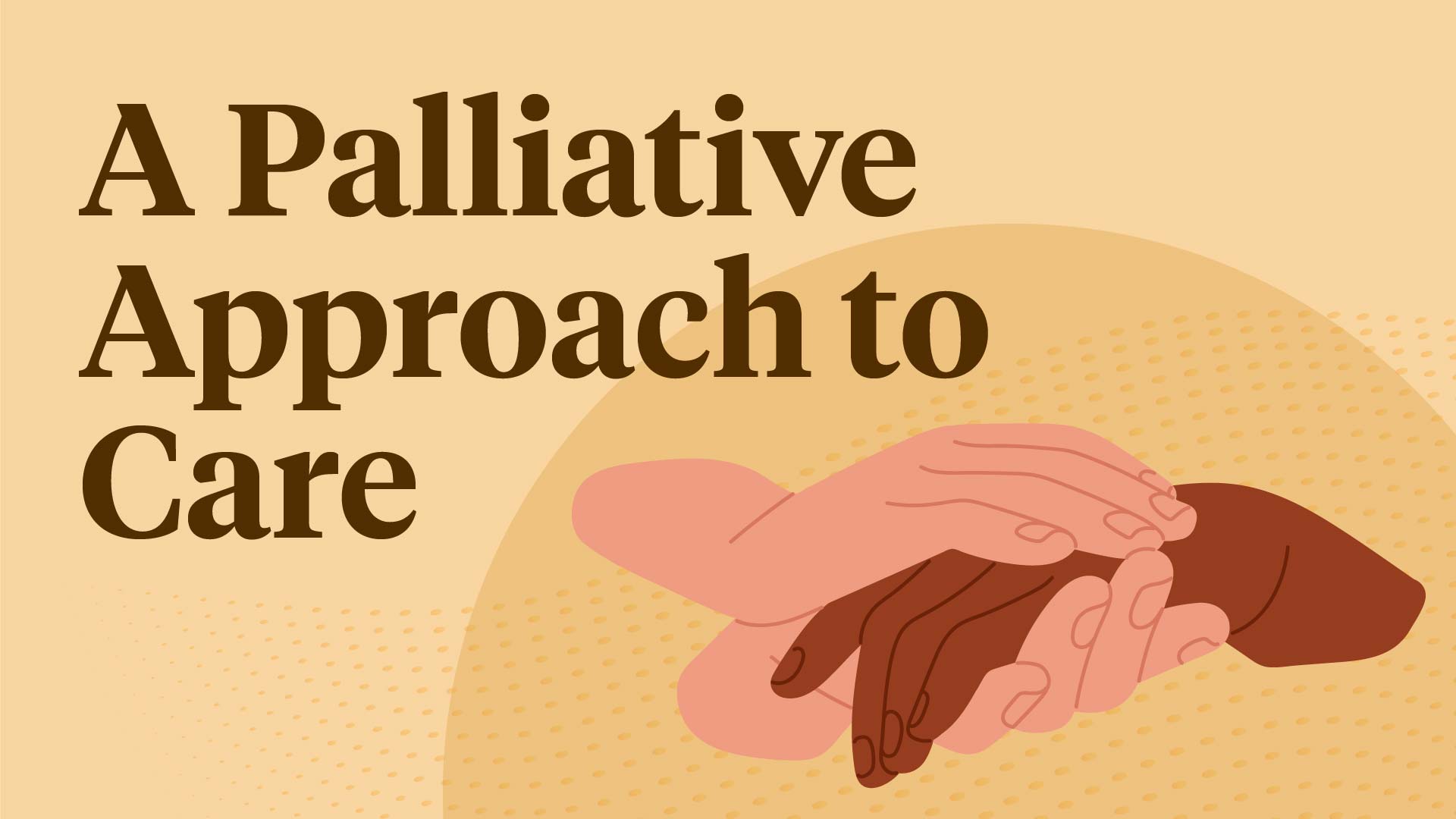
Help and Feedback
FAQsTeach for AusmedContact UsPartner With AusmedCompany
About UsOur StoryThe TeamGradHubAusmed for OrganisationsBrand GuideCareersCPD GuideOnline CPD
Latest CPDCoursesLecturesArticlesExplainersLearning HubsAll EducatorsAll TopicsAll Online CPDSearchAusmed Education is a Trusted Information Partner of Healthdirect Australia. Verify here.
© 2025 Ausmed Education Pty Ltd (ABN: 33 107 354 441)


 New
New 
